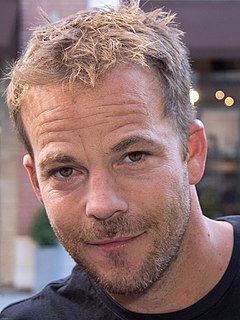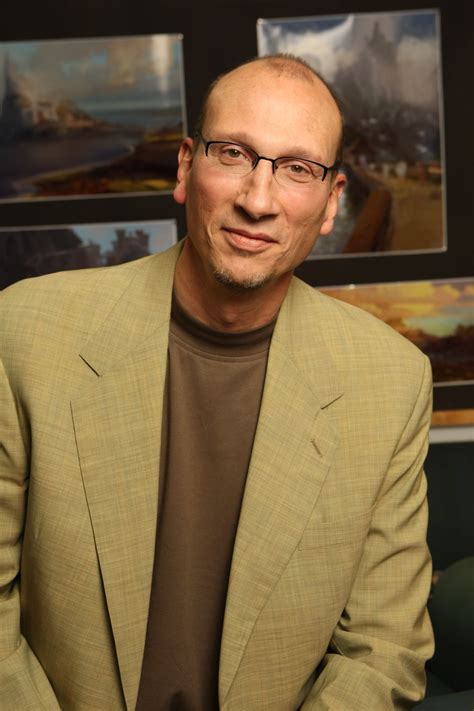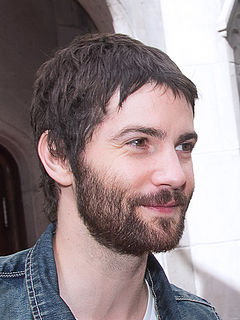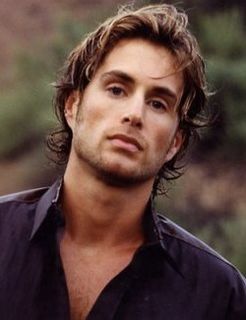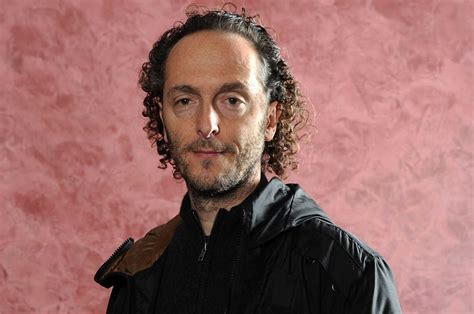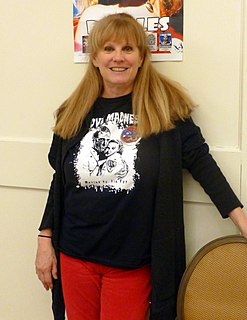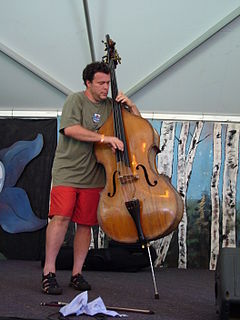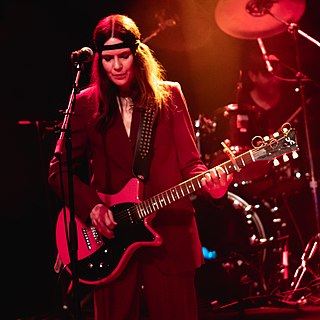A Quote by Stephen Dorff
I think that when I was younger and had my first round of big success and was plastered on magazine covers in the early and mid-'90s, I was kind of outspoken and had kind of a pretty aggressive attitude in my life.
Related Quotes
What's weird is the Hot Boys and the whole New Orleans Cash Money thing had a really big impact on the Bay when that was popping off. I don't all the way understand it. I mean, I know that they were big everywhere and had a lot of commercial success in the mid to late '90s, but they were really, really felt in the Bay Area.
[on River Phoenix] I would love to see what kind of choices he would be making now if he was still around, some of the characters that he would have played. I mean, to me he was like a rock star, you know, he had it all: he had the looks, he had a great name, he had an attitude, an energy, an excitement about him. He was instinctively like a, he was a rebel, you know? He was kind of Bob Dylan to me, at times, and he had a lot to say. And I've never seen too many interviews by him, but the ones that I saw were pretty electric, pretty... he was switched on, definitely.
When I first started comedy, before I kind of gained any national prominence, I - in a weird way - went back to that. Marc Maron had me on WTF making fun of me about that when I first opened for him. I had this very kind of hip-hop bravado to me, and I realized that now I've let some of that go in my stage presence, that maybe that was because I had dropped that completely from my life, and when I got onstage I sort of rekindled it. And I think now that it was perhaps a defense mechanism that was left over from those days, which I think is kind of interesting.
A big success can be very confusing if it comes too early in your life. When you are young, you are more vulnerable to vanity. I was 36 when I wrote The Shadow of the Wind and the success of it was very gradual. If you have this kind of success straight off, I think there is a danger you can become an idiot, because you don't have a perspective. It hasn't changed me a lot. I fly first class now. But those things don't change you. If I am pretentious, I was before, I haven't changed. The only thing is, I am less anxious now.
